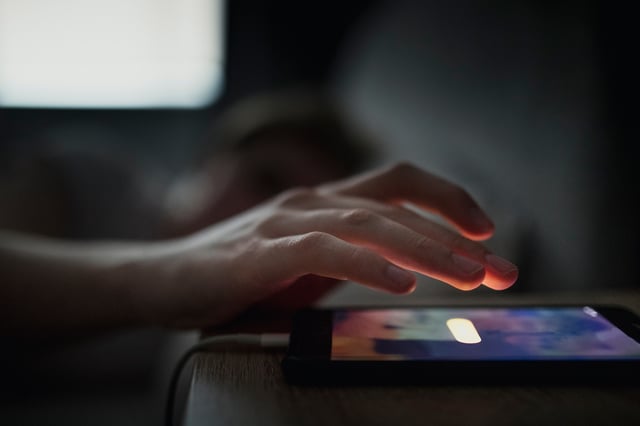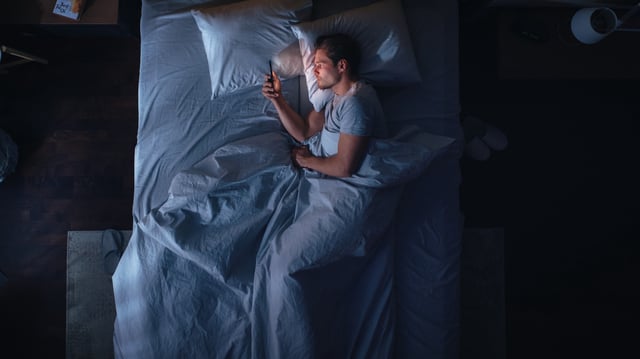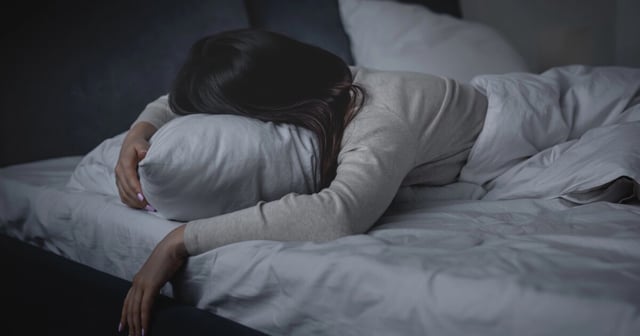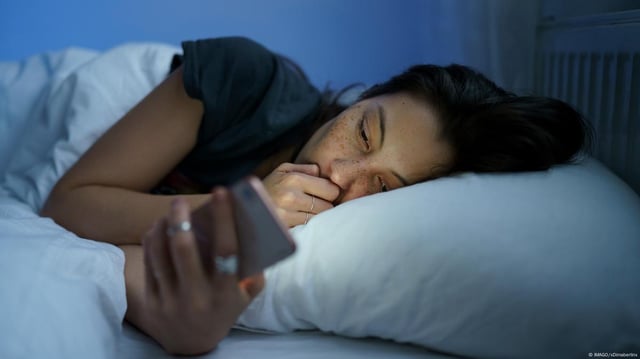Overview
- A study published on March 31, 2025, found that one hour of screen use in bed increases insomnia risk by 59% and reduces sleep duration by 24 minutes.
- The research surveyed over 45,000 university students aged 18–28, making it one of the largest studies of its kind.
- Findings highlight 'time displacement'—screen use delaying sleep by replacing rest time—as the primary mechanism disrupting sleep.
- Experts recommend stopping screen use 30–60 minutes before sleep and disabling notifications to improve sleep hygiene.
- Doomscrolling, or consuming negative content before bed, may further hinder sleep by triggering stress responses and hyperfocus.



